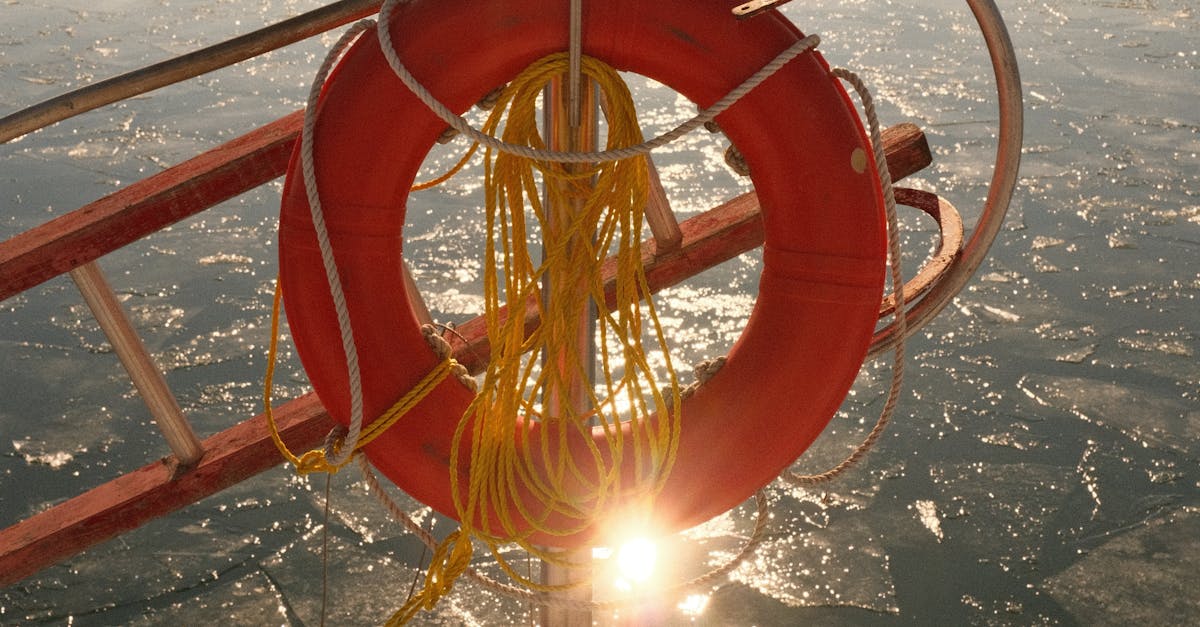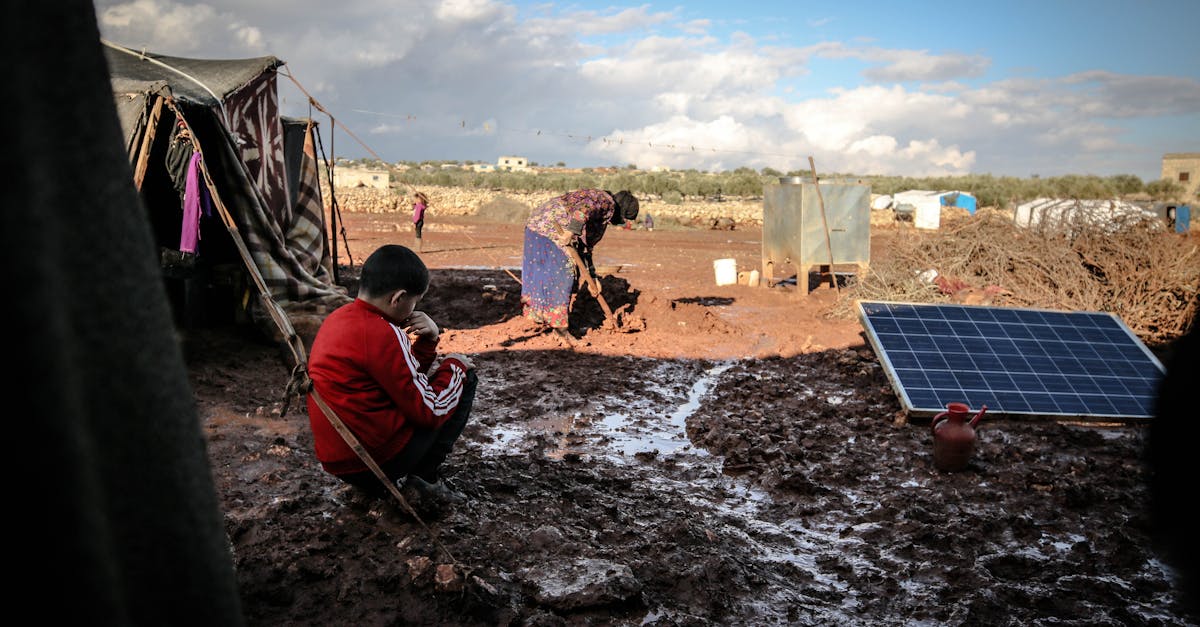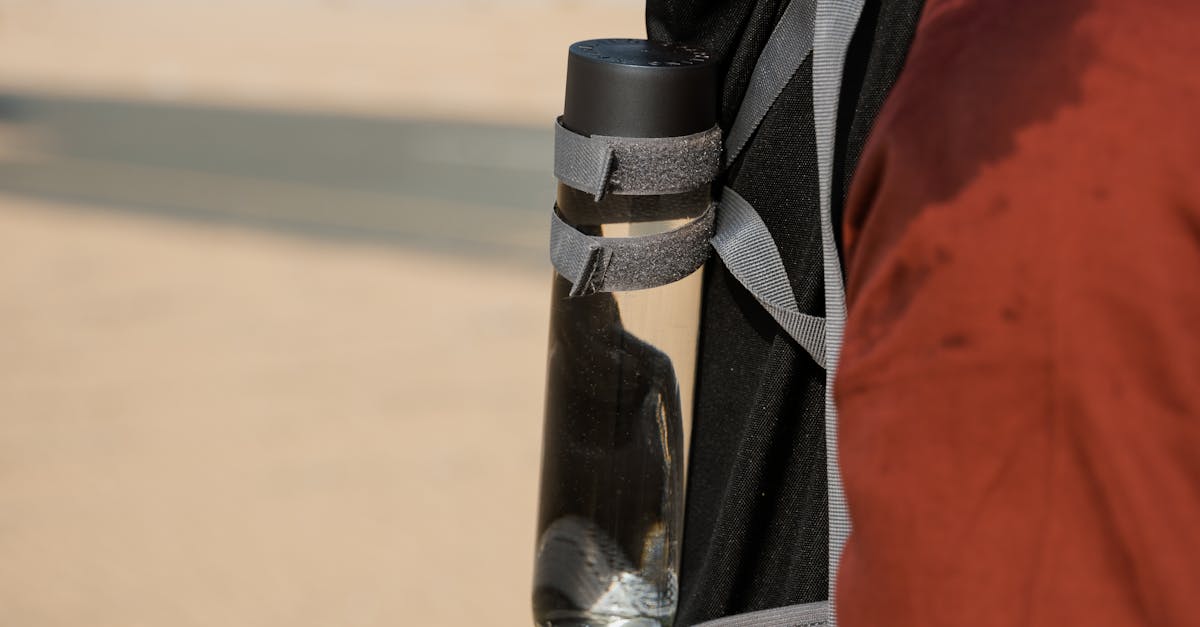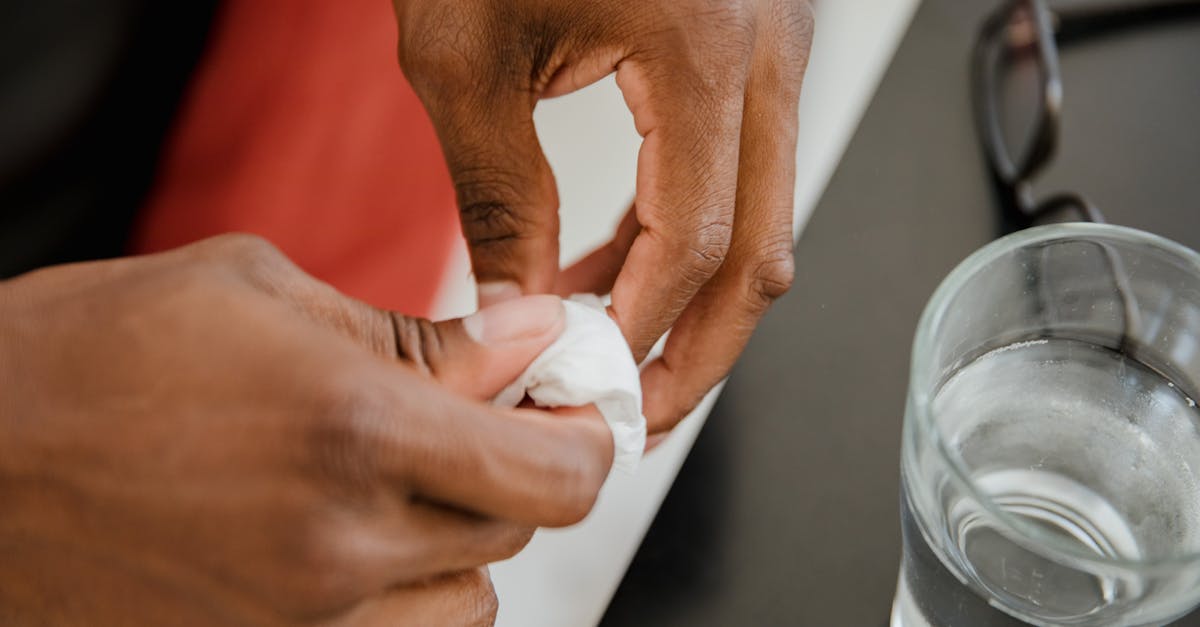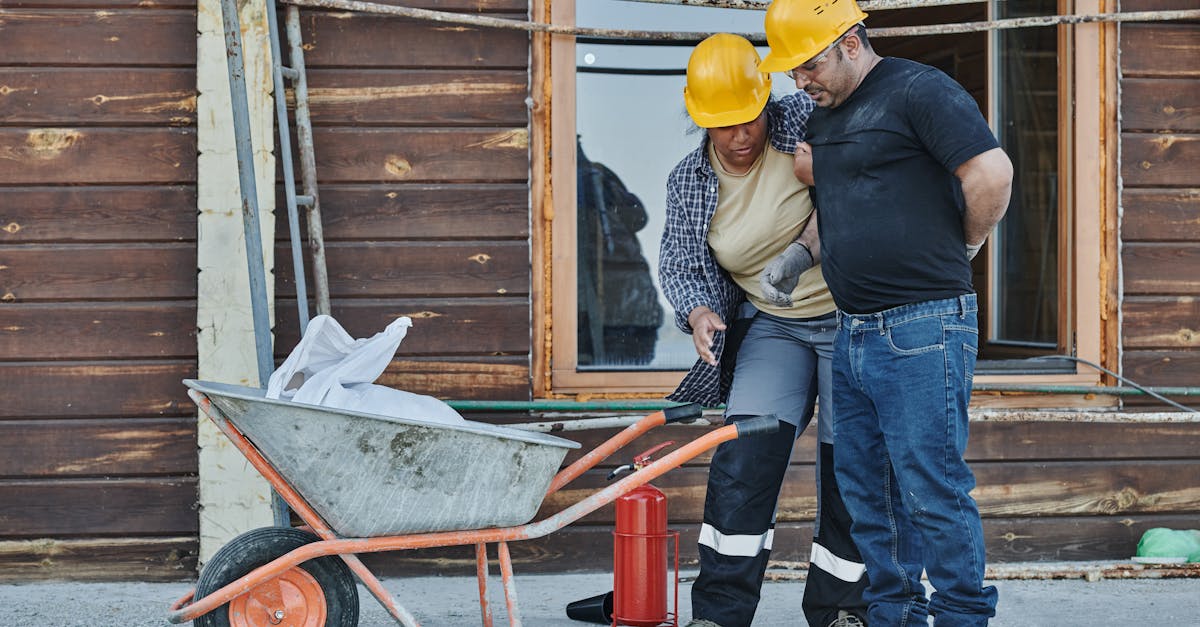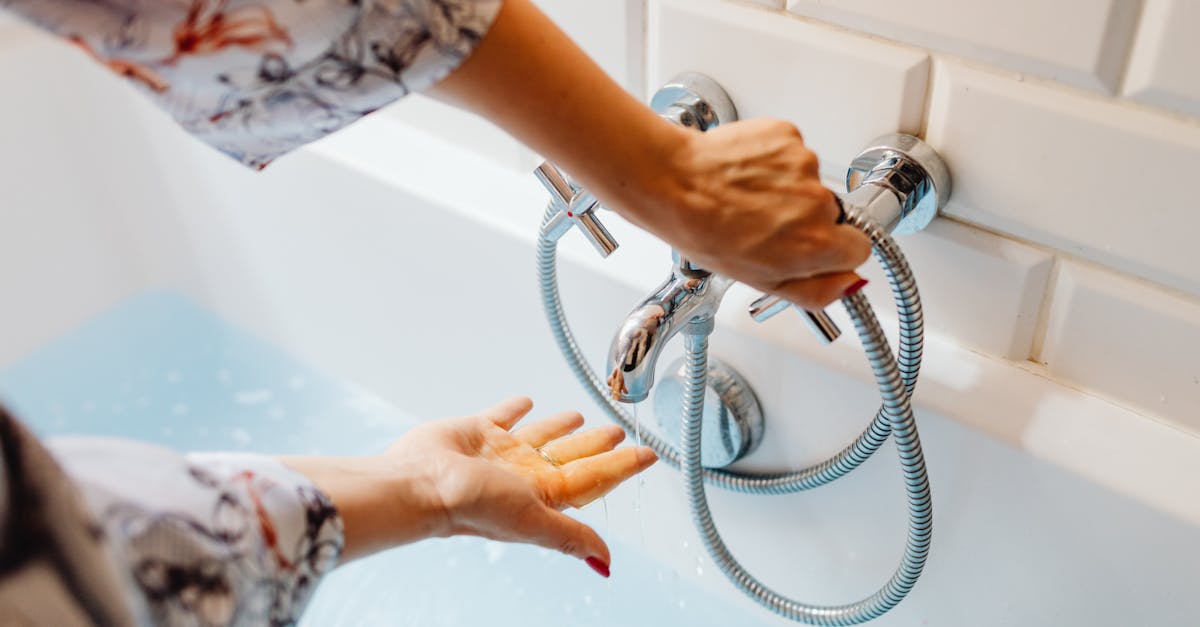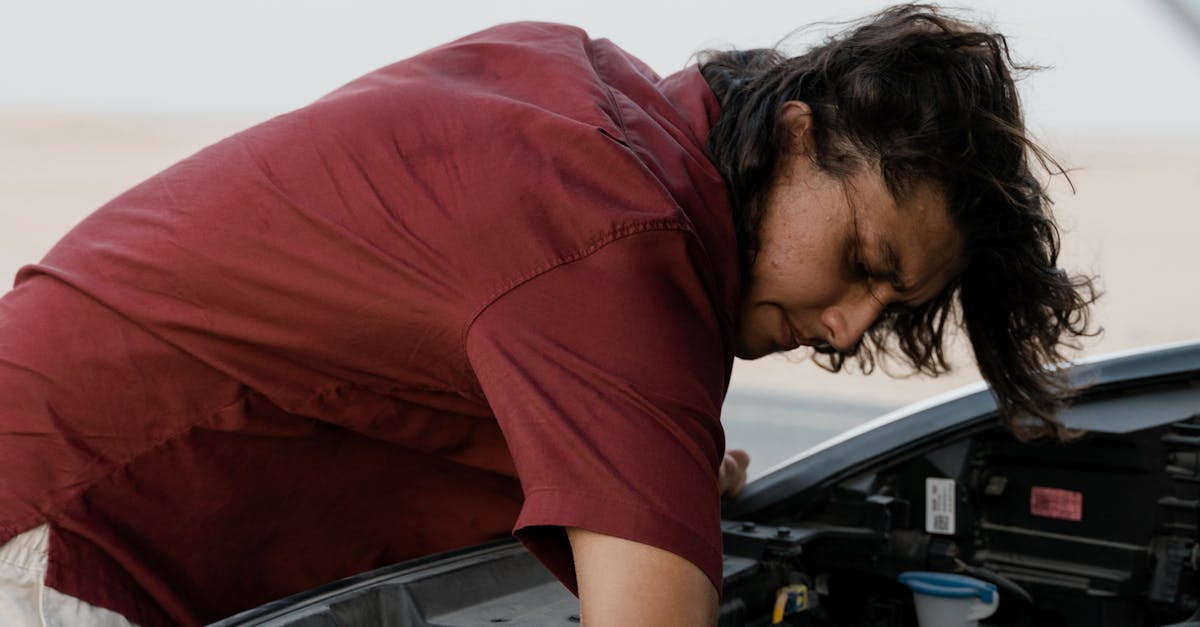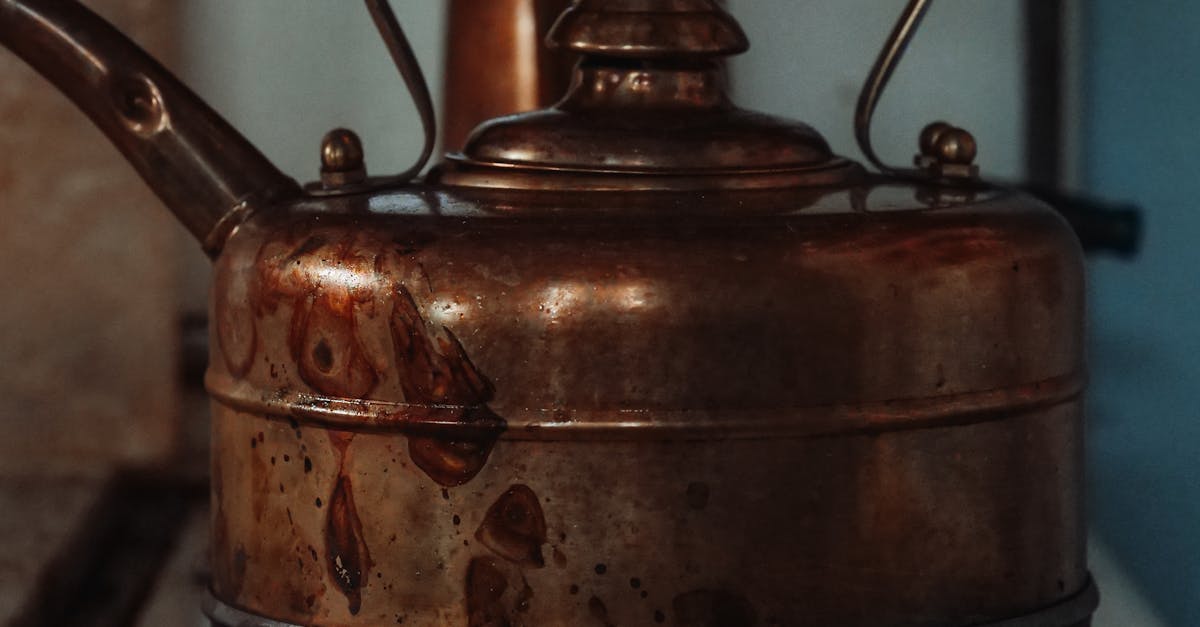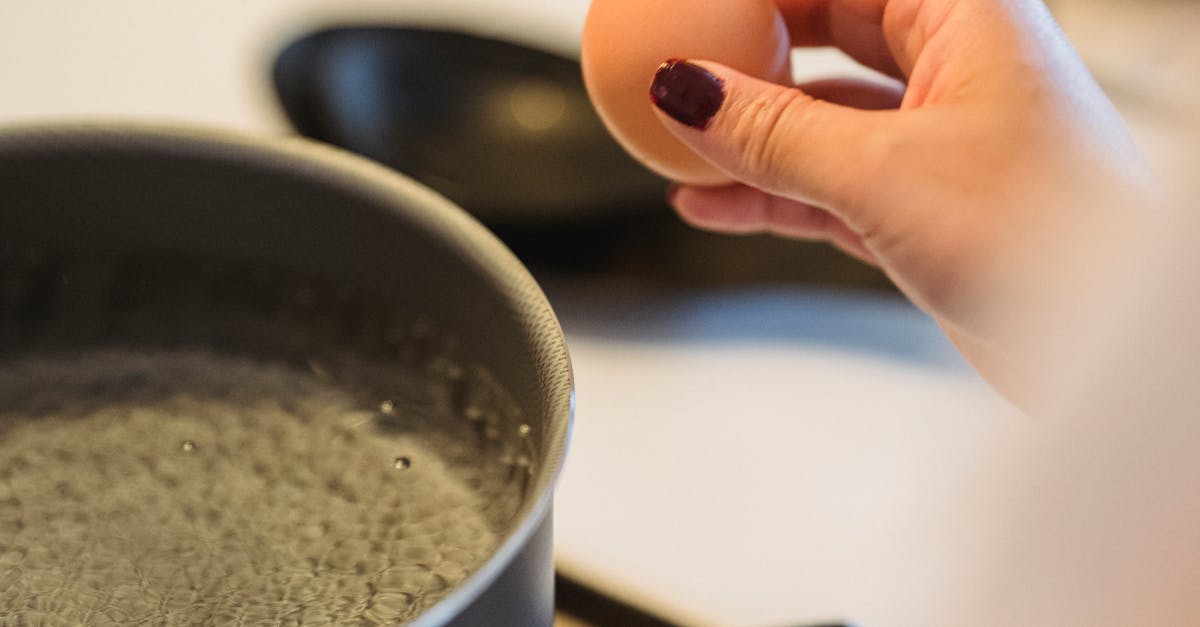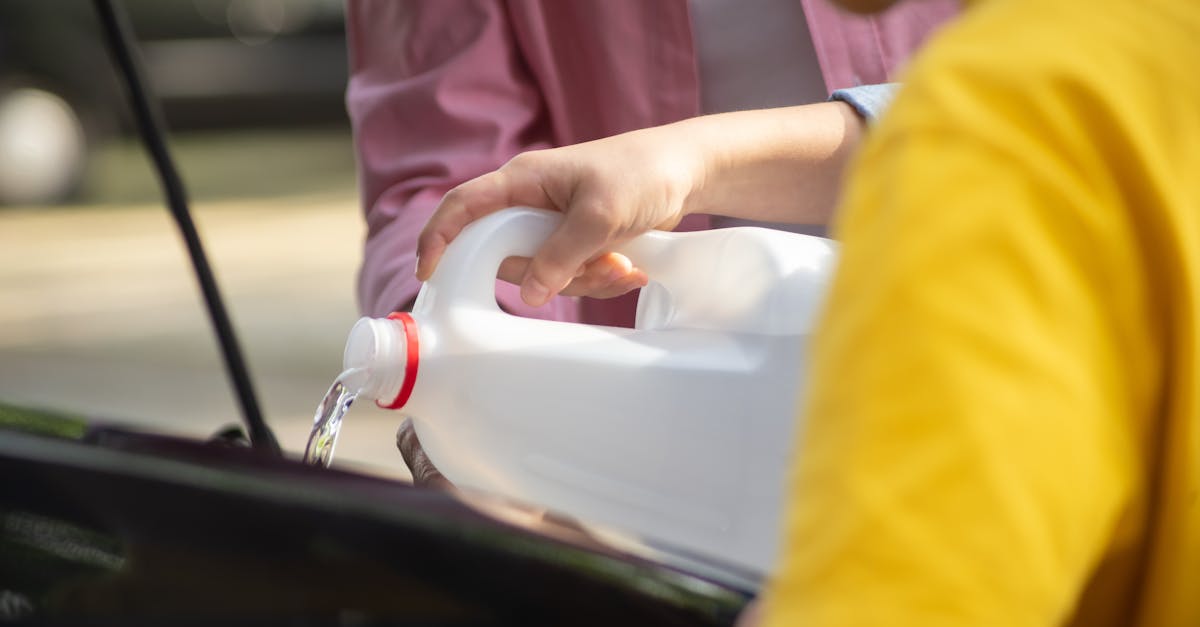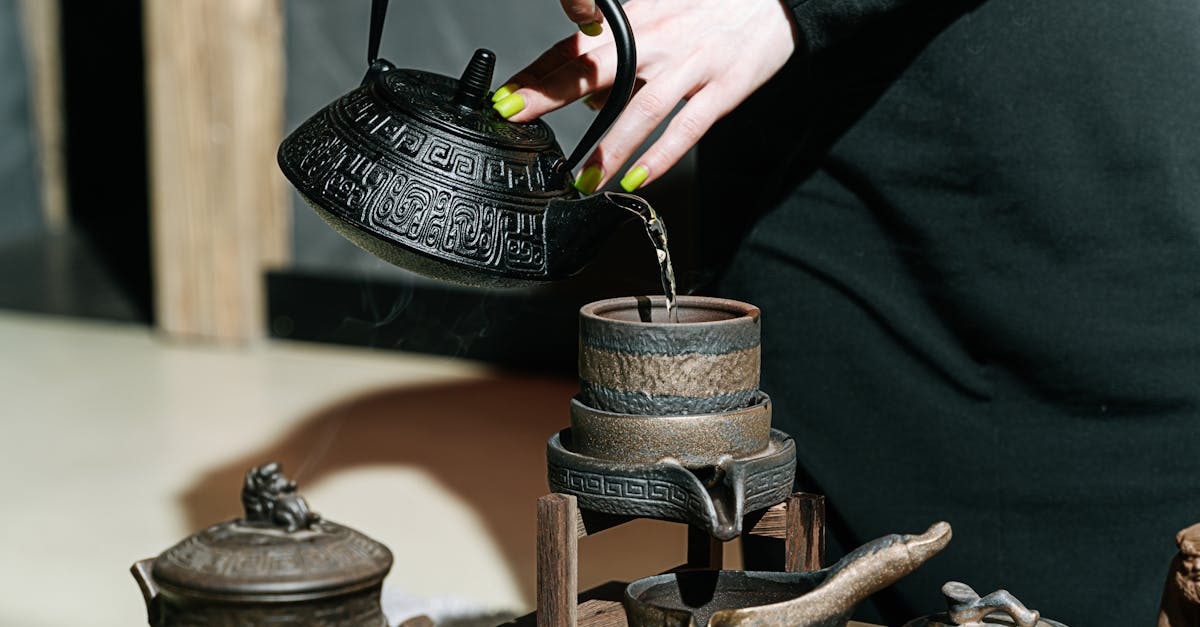
Table Of Contents
Common Brands and Their Pricing
When considering the cost of replacing a hot water system in Australia, it's essential to look at the prices associated with common brands. Popular manufacturers such as Rheem, Rinnai, and Bosch offer a range of systems that cater to various needs and budgets. Rheem systems typically start around $1,000 for basic models, while Rinnai and Bosch may have similar entry-level options. However, advanced models with greater efficiency and capacity can push the price up significantly. Installation costs may add another $500 to $1,000, which should be factored into the overall expenditure.
In addition to the initial purchase and installation costs, homeowners should also consider potential maintenance expenses. Regular servicing ensures the longevity of the system, preventing costly repairs down the line. On occasions, an emergency hot water repair can arise, leading to unexpected costs; this makes it crucial to have a reliable and well-maintained system. The choice of brand does play a role in the frequency of repairs. Investing in reputable brands may mean fewer emergencies, ultimately saving money over time.
Popular Models in Australia
When selecting a hot water system in Australia, several popular models stand out for their efficiency and reliability. Brands like Rheem, Rinnai, and Bosch have established a strong presence in the market, offering various options for both electric and gas systems. Rheem’s continuous flow models are particularly favored for their compact design and instant hot water delivery. Rinnai is known for its innovative technology and energy-efficient units, while Bosch combines performance with a user-friendly approach.
Investing in a quality hot water system is crucial to avoid unexpected costs such as emergency hot water repairs. Homeowners often opt for systems that come with warranties and strong customer support to ensure peace of mind. Additionally, considering the energy ratings of these models can lead to significant savings on electricity bills over time. With many options available, it's essential to assess not just the upfront cost but also the long-term benefits of maintenance and efficiency.
Maintenance Costs PostReplacement
Maintaining a hot water system is crucial for ensuring its longevity and efficiency. Regular servicing can help identify potential issues before they escalate. Homeowners should expect to budget for routine maintenance, which may include inspections and minor repairs. Additionally, any sudden failure in the system could lead to the need for emergency hot water repair, which often comes with higher costs due to urgent service calls.
In addition to servicing, there are periodic replacement costs for components that experience wear and tear, such as thermostats or heating elements. Investing in preventative maintenance can mitigate the risk of unexpected breakdowns. When planning finances for a hot water system, it's wise to account for these ongoing maintenance expenses, as well as the potential need for emergency hot water repair services if issues arise.
Regular Servicing and Repairs
Regular maintenance of your hot water system is essential for optimal performance and longevity. Scheduling periodic servicing can help identify potential issues before they become significant problems. This proactive approach not only enhances system efficiency but also reduces the likelihood of needing an emergency hot water repair. Homeowners should consider investing in annual inspections to ensure all components function as intended.
In addition to regular servicing, repairs may arise due to wear and tear or unexpected malfunctions. Understanding common issues that can occur helps homeowners budget for these repairs effectively. When faced with an emergency hot water repair situation, it is crucial to seek professional assistance promptly to prevent further damage and restore comfort to your household.
Government Incentives and Rebates
In Australia, government incentives and rebates play a crucial role in encouraging homeowners to upgrade to more energy-efficient hot water systems. Various programs are implemented at both state and federal levels, designed to reduce upfront costs. These initiatives support the transition to systems that not only save energy but also lower long-term utility bills. Homeowners considering replacements can benefit from these financial incentives, ultimately making more environmentally friendly choices easier.
Some programs specifically target emergency hot water repairs, providing financial assistance when unexpected issues arise. This support is vital for minimizing the financial burden that can come with urgent replacements. Additionally, rebates might also apply to the installation of solar hot water systems, promoting the use of renewable energy sources. By taking advantage of such incentives, homeowners can ensure they are making financially sound decisions while enhancing their home’s energy efficiency.
Financial Assistance for Energy Efficient Systems
Many Australian homeowners can benefit from financial assistance programs aimed at promoting energy-efficient hot water systems. Government initiatives often include rebates or incentives for the installation of systems that consume less energy, reducing overall bills in the long run. This can be a crucial factor for those considering a replacement, as the initial cost can be offset by these financial aids.
Additionally, specific programs offer assistance for emergency hot water repair situations, ensuring that homeowners are not left in the cold while waiting for critical services. These financial support options make it feasible to invest in modern, energy-efficient models that align with sustainability goals while also improving home comfort.
FAQS
What is the average cost to replace a hot water system in Australia?
The average cost to replace a hot water system in Australia typically ranges from AUD 1,000 to AUD 3,500, depending on the brand, model, and installation requirements.
Are there specific brands that are more affordable when replacing a hot water system?
Yes, some brands are known for their affordability and reliability, such as Rheem, Rinnai, and Bosch. Prices can vary widely among different models and brands.
What maintenance costs should I anticipate after replacing my hot water system?
After replacement, maintenance costs can vary, but you should budget for regular servicing, which typically costs around AUD 100 to AUD 300 annually, depending on the system and service provider.
Are there any government incentives available for replacing my hot water system?
Yes, there are various government incentives and rebates available for installing energy-efficient hot water systems, which can help offset the initial costs. Check with your local government for specific programs.
Can I receive financial assistance for energy-efficient hot water systems?
Yes, many programs offer financial assistance or rebates for energy-efficient hot water systems, especially for those that comply with environmental standards. It’s advisable to research and apply for these incentives prior to making a purchase.




